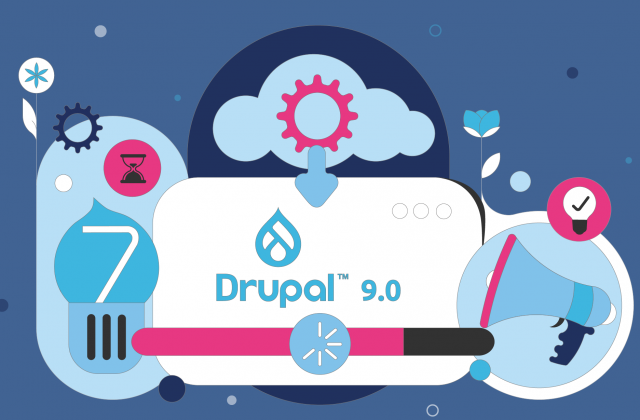Android today expanded in a pretty big way with regard to operations in various global markets. 20 countries have been added to the list of those eligible to sell apps, with 18 added to those now able to buy. This more than doubles the figure for both categories, up to 29 and 32 respectively, and is good news indeed for developers everywhere, whether by way of expanding markets for paid apps, or in the removal of barriers to app marketplace submission that developers in these countries previously faced. (N.B. Head over to Engadget for a full list of the additions).
However in a simultaneous, but rather sobering piece of news (for Android developers, and for Google), a team of computer scientists from Intel Labs, Duke University, and Pennsylvania State University have just published a less than complementary report on the privacy violations of a number of top Android apps. There’s proof (if any were needed) that Android is being taken seriously as a major app and smart phone player (it’s not like you can attract the attentions of a team of seven top computer scientists to carry out such a project if you’re an insignificant fledgling start-up).
Anyway, the short summary is that, from a selection of 30 of Android’s top apps, 15 were found to be carrying out data sharing activities with third parties – without even notifying the app user. While Google has responded today to the story and justified that users need to pay attention to the terms to which they agree when installing the app, this nonetheless speaks of the need to regulate a little better the practices relating to data sharing and the notification of users involved.
As we know these days from various recent privacy debates over services such as Facebook, Google Streetview etc: when people start seriously scrutinising your data sharing practices then that’s when you know you’ve arrived in a particular market. As Android looks set to continue its impressive rates of expansion, with the aid of numerous new global markets, the Taintdroid study acts as a cautionary warning for this expansion to be managed responsibly and carefully – something which takes time and potentially threatens one of Android’s biggest strengths over a competitor like Apple for example: the quick approval turnaround of apps. As for developers, the best thing is surely not to have your app named in respected academic papers as one such violator of privacy and data principles; in this case bad press is simply and exactly that, and perhaps even deservedly so.


